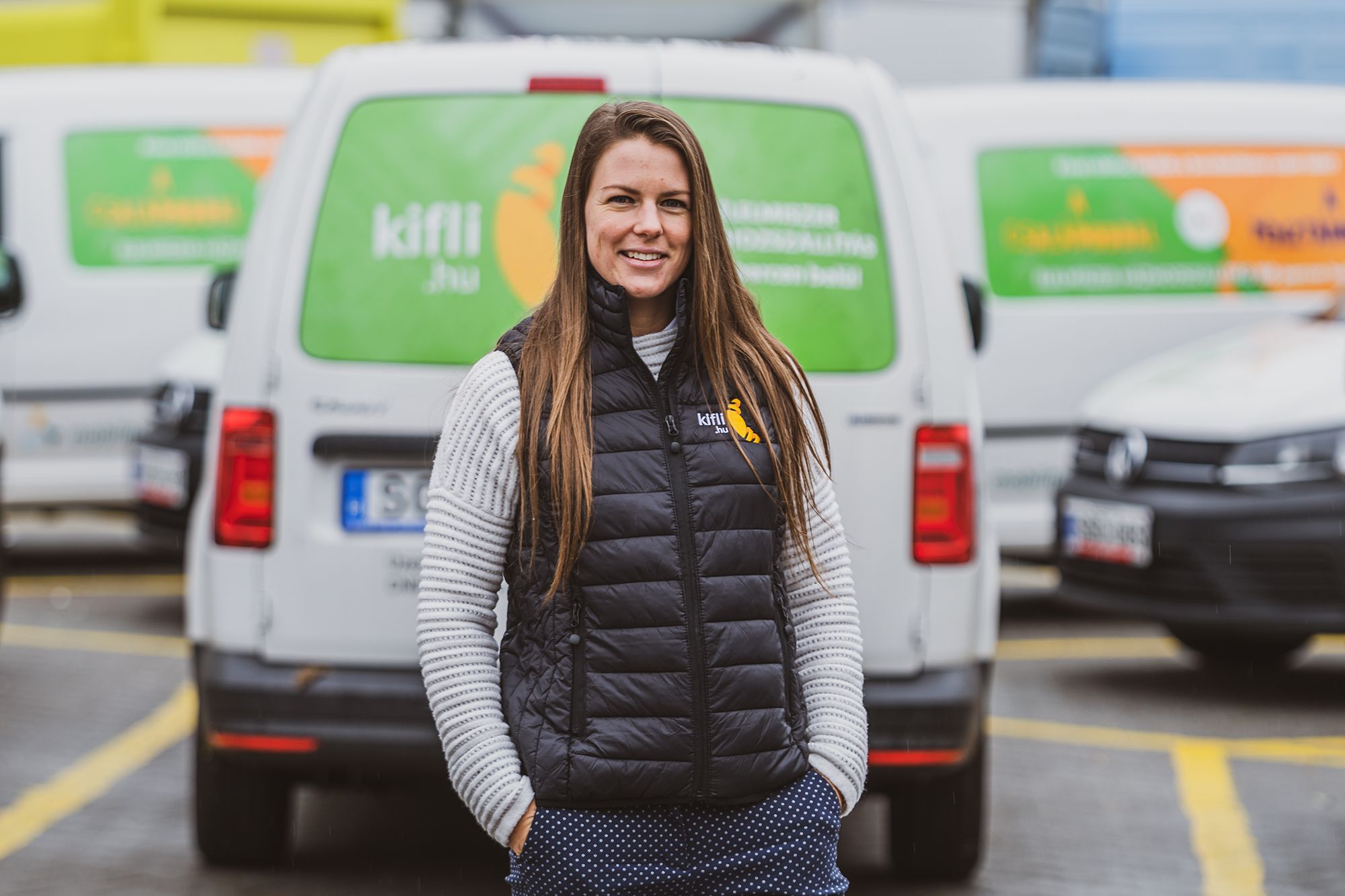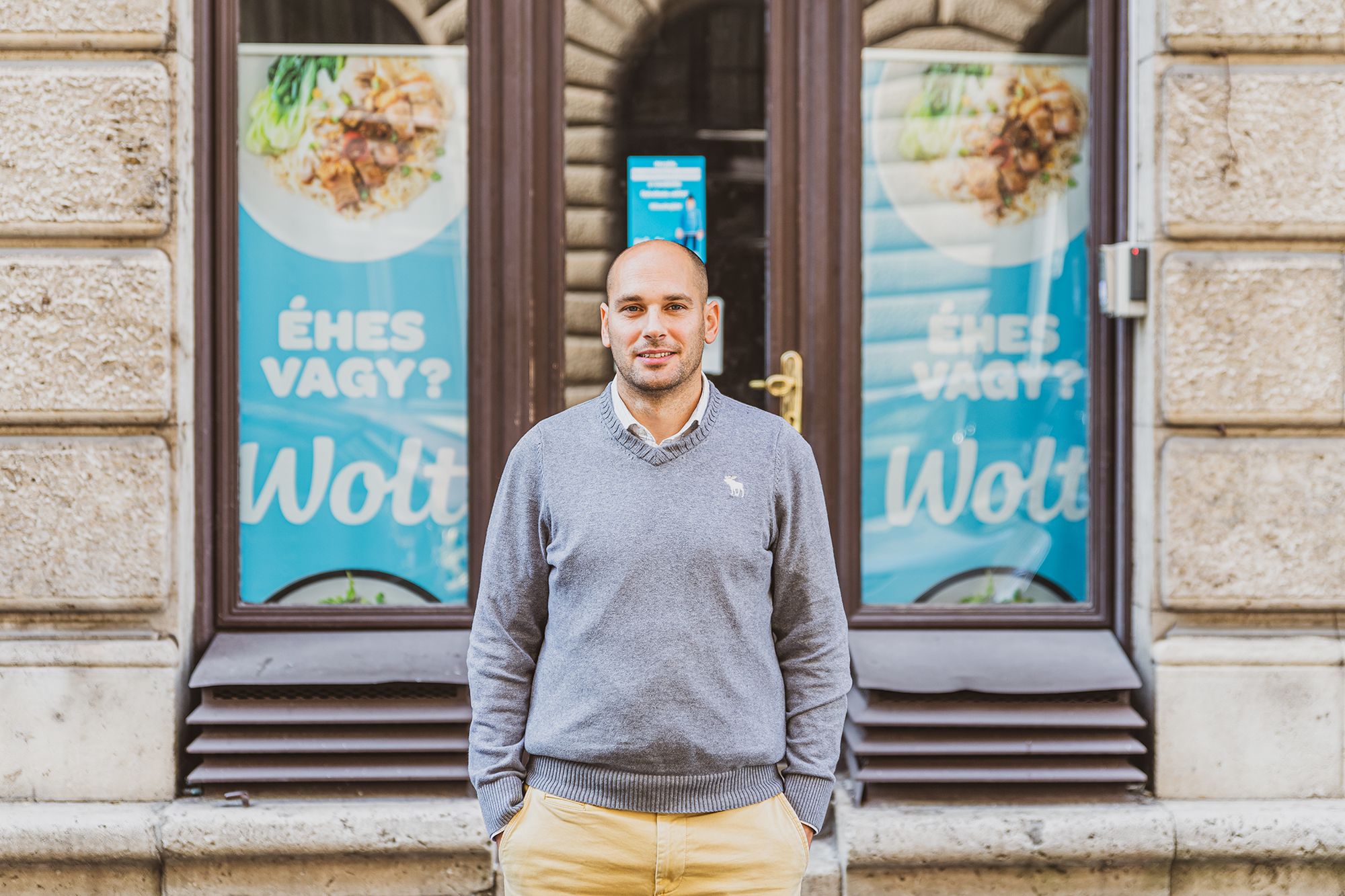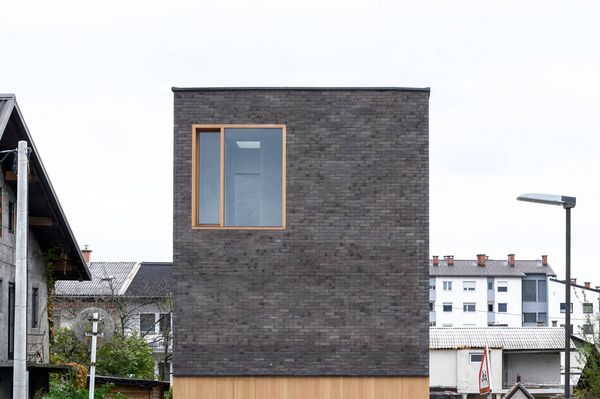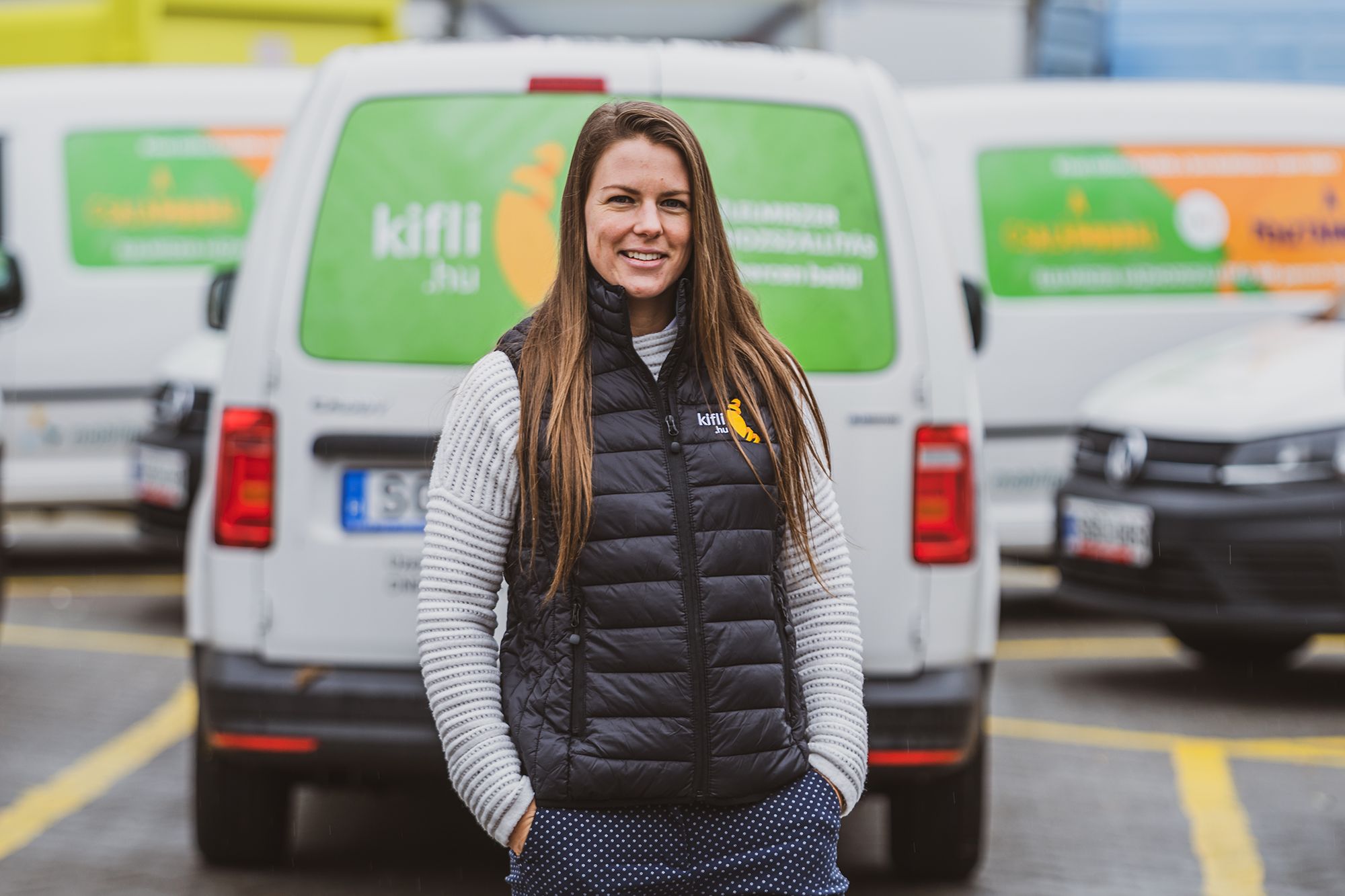The expression ‘digitalization in the food industry’ may sound difficult to understand, yet in reality we all know what it means. The most obvious part of it that might pop up in our minds is ordering food online, without which it would probably be hard to imagine our lives today, and not only from the perspective of comfort. The epidemic and the quarantine forced many of us to switch to online shopping: we learned how to behave in the digital space if we want to add our favorite butter crescent into our virtual cart (instead of a regular one). While previously we only used to order pizza online on movie nights or for house parties, today we reach for our laptops, tablets or smart phones almost automatically and order lunch or dinner without guilt, to spice up our exhausting work-from-home routine. The joint campaign of Piqniq Budapest and Mastercard.
János Makkay – executive director, kifli.hu
“Sustainability is one of the fundamental principles of the company from all aspects, this is why we work with so many small producers.”

In the online food trade market reigned by large food chains kifli.hu brought a true refreshment for customers. János Makkay and his team has built a flexible and loveable brand—they responded to the needs of the market professionally and with the necessary flexibility by also keeping the homely, friendly atmosphere. A primary aspect for them is sustainability, which not only manifests on the level of packaging and delivery, but also includes warehousing mechanisms. 80% of their suppliers are local producers, they have almost no exported early seasonal produce. They have also introduced a deposit-refund scheme, and owing to the digitized process, they can easily organize the collection of returnable packaging—paper bags, bottles, durable plastic containers—with giving credits and a redeem option, and if all this weren’t enough, they also introduced the discounted sale of their products that are near the end of their shelf life under the „Save the food” option.
Tímea Zvara – head of marketing, kifli.hu
“We build everything around the customer.”

The quarantine has turned our lives upside down, and, thus, our usual everyday shopping habits have also transformed. Luckily there were some Hungarian businesses that rallied to the help of desperate customers when popping in the deli on the corner was not the most obvious choice any longer. Kifli.hu builds on online presence entirely. Digitization interweaves the entire sales and logistics field behind the surface of the online shopping platform: this is what makes the service flexible, fast and extremely customer-oriented. Without the digitalization covering the entirety of the processes implemented at kifli.hu, it would be impossible for the fresh tomato to get from the production area to the table of the customer within 48 hours.
Ákos Tajta – executive director, Wolt Hungary
“We not only have to deliver the food but also offer a complete service to enhance customer experience.”

One of the most popular food delivery services, Wolt set out on its conquest in 2015 from Finland. Today they are present in several European countries from Estonia to Malta, but they also added Japan to their map last year. From May 2018, the Hungarian audience can also enjoy the advantages offered by the website and the application, and by that we not only mean the food delivered: Wolt aims to provide a customer experience as complete as possible to those opting for ordering food online. As told by Ákos Tajta, the executive director of Wolt Hungary, they have built a well-operating system in case there are any problems with the delivery. It is their not so hidden aim to make Wolt the principal food delivery application in Hungary within two years, may it be ready meals or store products.
Zoltán Patai – executive director, NetPincér
“It is true in our case, too, that one has to respond to the quickly evolving market environment instantly.”

Today we take the advantages offered by the digitalization in the food industry granted, but this wasn’t always the case. Kevin certainly didn’t order the pizza that was delivered to Lincoln Boulevard by Little Nero’s delivery guy over the telephone. In 1990, at the time “Home Alone” was produced, e-commerce was nowhere near it is today, but we only had to wait a few more years until the first transaction of online sales took place: on January 2, 1994, Pizza Hut delivered the first pizza ordered online. Five years later it was Netpincér that made history in Hungary by being the first to offer online food ordering services in the country. According to Zoltán Patai, even though we are talking about an operation that might seem fairly simple, the coordinated work of several hundred experts is needed for delivering the food ordered within such a short time. They cooperate with more than 3000 courier partners and work on offering the best customer experience to their clients every day.
Debóra Blaumann – head of marketing, NetPincér
“We have been here for 20 years, and would like to be here for another 20 at least.”

It might seem surprising, but the idea of NetPincér was actually conceived in a dorm room at the Department of Economics. Legend says Péter Perger and Zoltán Csontos got fed up with the ancient methods of ordering food which were still in their infancy at the time: in the absence of a cell phone, they had to use the single telephone in the dormitory, the one installed at the reception area if they wanted to order a pizza. A lot of things have happened since: online food ordering has become an integral part of the life of townspeople and the trend gathered even more momentum when the pandemic hit. At NetPincér, developing the services on a continuous basis does not only mean maxing out customer experience: in addition to feeding the hungry, they also make sure the couriers and the restaurants are content.
Photography | Dávid Horpáczi
Video | Gergő Sepsi
Piqniq Budapest | Web | Facebook | Instagram

Contemporary and timeless | T Lamp

Brick house brings the Far East to Ljubljana's villa district | Arhitektura










